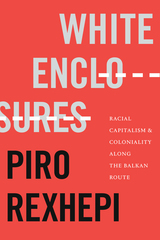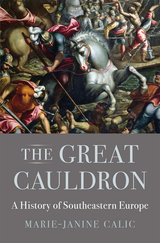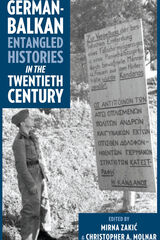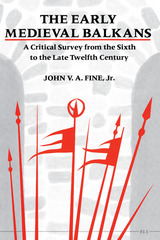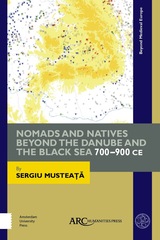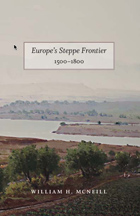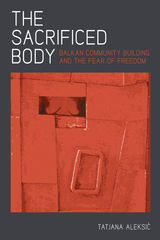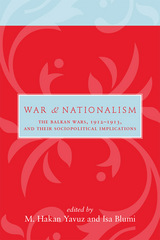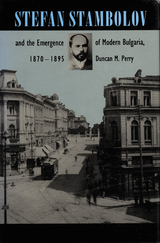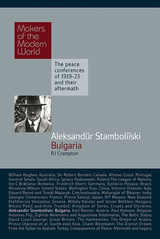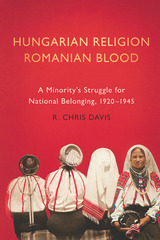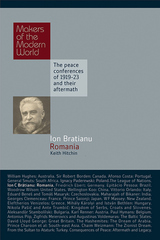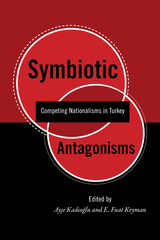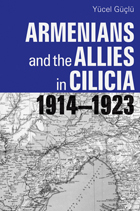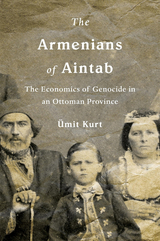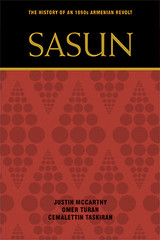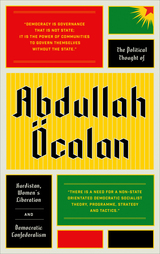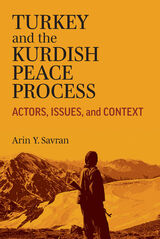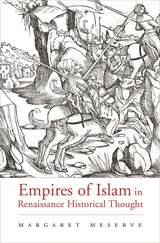Cloth: 978-0-674-64491-5
Library of Congress Classification DR279.9.H57
Dewey Decimal Classification 949.84
By mid-nineteenth century the movement for cultural and political self-determination of the Rumanians of Transylvania had attained a high degree of maturity and, at the same time, was entering a period of internal crisis. The Orthodox Church still stood at the center of national life, as it had for centuries, but now the paramount role of the clergy was effectively challenged by a dynamic class of lay intellectuals who were eager to set their people on a new, essentially secular, course to bring them abreast of the advanced nations of Europe.
The dominant figure of the period was Andreiu Şaguna, bishop and later metropolitan of the Rumanian Orthodox Church. Although he equaled the intellectuals in devotion to the national cause, he carried forward the venerable practices of ecclesiastical leadership and upheld the primacy of religion in the life of the nation. The tension he and the intellectuals created motivated Rumanian national development for nearly a quarter century.
The Rumanian experience has significance beyond the boundaries of Transylvania. Hitchins elucidates its connection to the complex process of national development that all the peoples of the Habsburg monarchy were undergoing, and suggests its relevance to contemporary Austrian policy toward national aspirations in general.
See other books on: 19th century | Eastern | Hitchins, Keith | Nationality | Orthodoxy
See other titles from Harvard University Press

